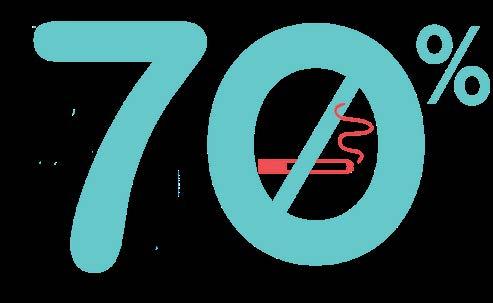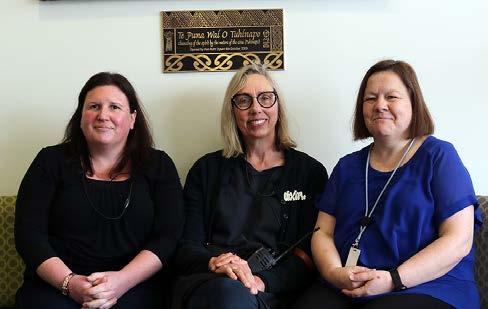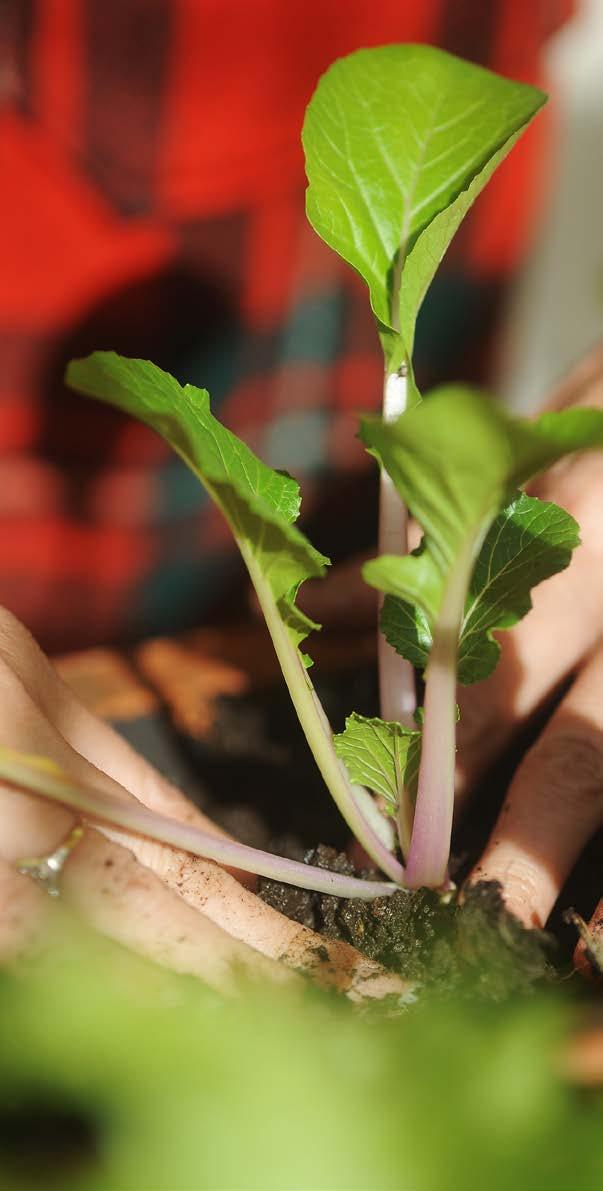
4 minute read
Canterbury Clinical Network (Continued
Canterbury Clinical Network Continued
Working Towards Achieving Equity
In 2019 CCN created a Te Tiriti and Equity group with Māori leaders from across the system, including members from Te Kāhui O Papaki Kā Tai, the CCN Māori Caucus and the Canterbury DHB alongside the Alliance Leadership Team Chair, members from the Population Health and Access Service Level Alliance and the CCN Programme Office. The group meets bi-monthly to progress specific, equity-focused actions.
One of the actions that has been prioritised is enhancing the health system’s approach to co-design – a regularly applied approach to improve health services by bringing together consumers, service providers from across the health system, and other government and community organisations.
In 2019, the Te Tiriti and Equity group carried out a comprehensive review of CCN’s co-design with the aim of developing an approach that ensured the voices of Māori, Pacific, Culturally and Linguistically Diverse (CALD) communities and other minority groups were heard and influenced the changes needed in accessing health care. This will be put in place over the next few months, with a plan to review and make changes to the process as needed.
Mana Ake – Stronger for Tomorrow
The Mana Ake Service Level Alliance was established in March 2018 to promote and support wellbeing and positive mental health for children in Years 1 to 8 across Canterbury schools.
In September 2019, the initiative was one of only 19 (out of 84 entries) shortlisted as a finalist for the Spirit of Service awards in the Better Outcomes Award / Te Tohu mō ngā Hua E Pai Ake Ana.
In March 2020, Prime Minister Jacinda Ardern visited Northcote School in Christchurch to see first-hand the way the initiative is enhancing the wellbeing and the mental health of our tamariki. The PM took the opportunity to talk to children, whānau and teachers to hear more about how the initiative works and see some of the group activities that are available through Mana Ake in action.
Improving the patient experience through Shared Care Planning
Electronic shared care plans enable secure informationsharing between hospital, primary and some communitybased clinicians across the South Island. They allow health professionals to easily read, write and edit plans as appropriate, even if they are not the original author.
The suite of shared care plans includes the Advance Care Plan, the Acute Plan and the Personalised Care Plan (PCP), all hosted in Health Connect South.
During COVID-19, Acute Plans, which contain information about a person’s health condition and the recommended treatment if their health suddenly gets worse, were promoted as a solution to record decision-making, investigations, and goals of care that needed to be communicated to clinicians not familiar with the patient.
This targeted work with general practice teams and hospital specialists saw the use of Acute Plans increase significantly, with a total of 670 created in April 2020 (more than the combined total of the previous six months) and 368 created in May 2020.
Interpreter Services Best Practice Guidelines
The Population Health & Access Service Level Alliance created a new set of best practice guidelines around interpreter services. The guidelines are designed for Canterbury health system clinicians, non-clinical staff and health organisations to use, when they provide health and disability services to people for whom New Zealand Sign Language (NZSL) is a first or preferred language and people for whom English is not their first language, who have limited English proficiency. Download the guidelines.
Te Tumu Waiora Canterbury
Te Tumu Waiora is a new way of delivering mental health, addictions and wellbeing care through general practice. It has been designed as a holistic model which supports and addresses the physical, emotional and social needs of the person, rather than focusing on traditional mental health or addiction needs. It puts mental health and wellbeing at the heart of general practice with the introduction of new focused roles, working as part of the general practice team. The new roles are:
Health Improvement Practitioner (HIP): experienced and registered mental health clinician with experience in talking therapies. They hve additional training to work as part of the general practice team to address a patient’s feelings, thoughts and behaviours that underlie poor health, both physical and mental health.
Health Coaches (HC): trained in self-management techniques to support goals made by patient alongside the HIP. This model allows for a ‘warm handover’ which means that a GP or nurse in the general practice can offer someone who is experiencing mental distress or addiction issues the option of seeing the HIP in the same location quickly – often immediately. Te Tumu Waiora is for anyone, of any age, with any issue affecting their mental wellbeing. The focus is on supporting individuals to develop skills to better manage existing issues. It is free of charge to patients.
Canterbury Clinical Network is leading the implementation of Te Tumu Waiora across Canterbury, with a number of practices already using the model and reporting excellent results.
Frequently Asked Questions





